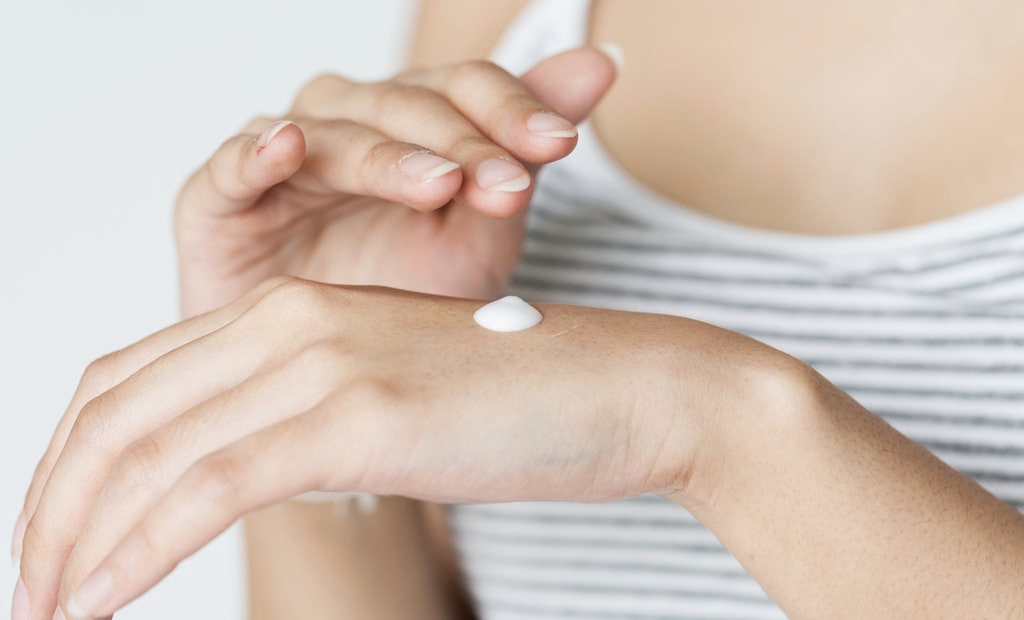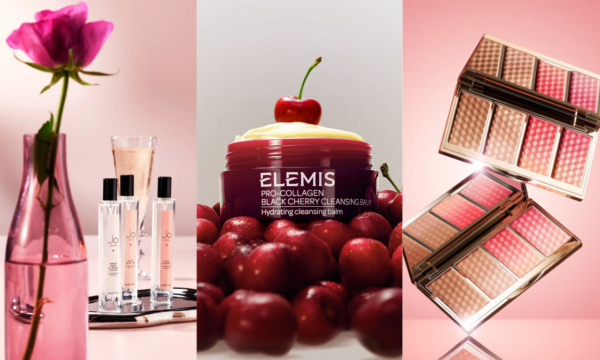Damage control: A quick fix for the top skincare mistakes

Most of us take our skin health for granted. We’re rough on ourselves, doing basic cleansing and minimum maintenance. Yet, we constantly expose ourselves to oxidants in the form of pollutants, chemicals, and Mother Nature. The cold weather can be especially brutal on our skin. But when we go to fix the problems, we often make major mistakes that could do more harm than good.
Over-exfoliating
Exfoliating your skin is good, but taking sandpaper to it is not. You can exfoliate without overdoing it. According to Dr Ben Johnson, founder of Osmosis Pur Medical Skincare, once you remove (exfoliate) your skin, the underlying layer is exposed to environmental toxins and sun damage. And, while constant skin cell turnover is a good and healthy thing, you still need to be careful about overdoing it.
Aim to exfoliate two to three times per week, maximum.
Exfoliating on oily skin
Exfoliating oily skin is a bad idea. Most people believe it will alleviate the condition, but it doesn’t. On the contrary, by exfoliating oily skin, you only cause more skin problems. When skin is over-scrubbed, it will produce more natural oils, called sebum, to counter your cleaning regimen.
The oil production is part of the body’s natural repair mechanism, and it goes into overdrive. Wash oily skin first, pat dry, then gently exfoliate and moisturise. This keeps the skin “in check” without signalling overproduction of oil.
Sleeping with make-up on
This is a major “no-no”. Sleeping with make-up on clogs your pores and oil glands. Really, make-up on all day will do this, but sleeping in it eliminates the possibility of your skin getting a much-needed break.
When make-up is impacted in pores, it makes them appear larger. Once your collagen levels decline, this happens with age, the pores won’t shrink back as much or as easily as they once did. It can also cause inflammatory conditions. So, before you hit the sack, clean your face off.
Picking skin off your face
Picking at your skin is something most of us know we shouldn’t do, but we do it anyway. Any time you pick at your skin, you’re asking for more wrinkles, scars, skin irritation and long-term damage.
If you’ve developed the habit, you can try eliminating it by clipping your nails, picking up a hobby that occupies your hands and fingers, and slowly working at changing habits by breaking associations.
For example, if you normally pick at your face while watching TV, try either reducing you TV time or find something else to do to occupy your hands while you watch TV . You could take up knitting, for example, or needlework.
Not cleansing properly
Not cleaning your face properly is probably one of the biggest skincare mistakes most women make. Cleansing isn’t a simple matter of washing with soap and water. You need to get a cleanser that will remove all of your make-up, you then need to develop a skin-conditioning protocol that incorporates anti-ageing and skin-softening agents.
For example, vitamin C serum for the face which is inexpensive through online retailers, will help increase skin cell turnover. Vitamin C is essential for tissue repair, so it can also help with fine lines, some scar tissue, and minor blemishes.
Retinol creams can also help even out skin tone and make you look younger. This is especially important as you get older.
Lecithin-based creams and oils are also amazing for the skin; lecithin is an essential component of a cell’s structure.
Finally, newer face creams with plant-based stem cells promise to help you look younger while revitalising your skin and keeping it moisturised. You should also consider using natural plant-based oils periodically to moisturise your skin.
Almond oil, olive oil, peanut oil, and even coconut oil can help alleviate dry skin. If you have especially sensitive skin, try Argan oil. It’s a rare oil from Morocco that won’t clog your pores and is one of the best moisturisers in the world.
Finally, don’t discount the value of sleep.
Beyond all of the pills, potions, and creams you can buy, a good night’s sleep will do more for you than most off-the-shelf products. Sleep helps you repair skin (and other) damage as your body releases melatonin, a hormone responsible for sleep and the initiation of system-wide repair.
If you don’t get a good eight hours a night, it’s doubtful that you’ll be able to overcome skin problems no matter how many products you use.
The editorial unit
























Facebook
Twitter
Instagram
YouTube
RSS